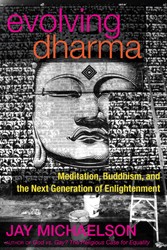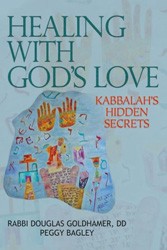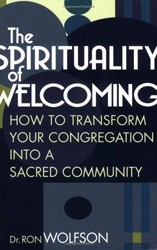By
– January 5, 2012
Traditional thought surrounding religion states that presumptively an individualcontinues along the educational and observant path of the faith in which one was raised. Another school of thought believes that individuals leave the religion into which they were born to pursue alternative religions and philosophies to better match the ideologies and lifestyle of the adult person they have become. Still others may choose to abandon their birth religion as a simple act of rebellion, a means of breaking ties with one’s family and preordained history.
In the book Jewish Dharma: A Guide to the Practice of Judaism and Zen, Dr. Brenda Shoshanna demonstrates that a sole religious path need not be the only option. A Borough Park, Brooklyn born Jew raised in the Orthodox tradition, the author experienced a universal sense of curiosity from an early age which put her at odds with her grandparents and community. She understood the reason for the existence and need of basic Jewish concepts such as Mitzvot or Minyan, but all of the tenets didn’t resonate with her. Shoshanna went in search of clarity and found that many of the practices associated with the Eastern religion of Zen Buddhism helped to bring the bigger picture into focus.
Following the death of her father, the author was compelled to revisit Judaism and found that her passionate spark had been rekindled. Realizing that she drew spiritual nourishment, education, and meaning from both religions she began to look at the ways in which the outwardly disparate practices were similar. Whether chanting a prayer with a rabbi in a synagogue or assuming a meditative state of zazen with a Zen master in the zendo, Shoshanna makes it refreshingly clear that nothing is cut and dry when it comes to religion. Finding the correct formula to fulfill the spiritual soul’s needs can come in any number of guises including a custom made combination.
Molly Beth Dubin received an M.A. in art history and museum studies from the University of Denver. She is cultural arts director for the Harry & Rose Samson Family Jewish Community Center of Milwaukee.





